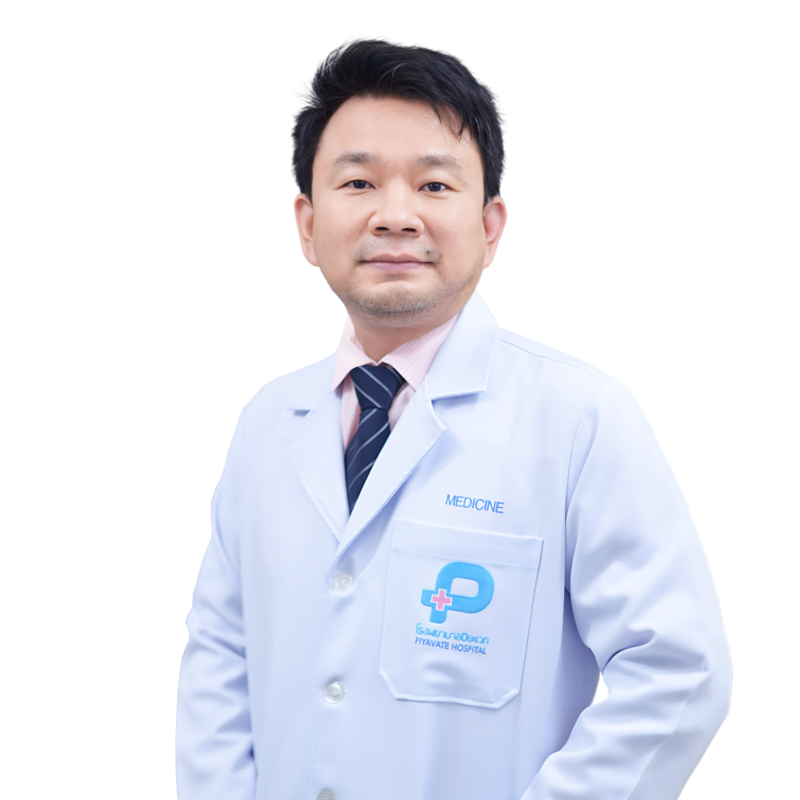Medical Centers
Pulmonary Center
G Floor, Main Building
Open everyday from 7:00-19:00
Tel. 02-129-5555
About
The Pulmonary Center specializes in the care and treatment of lung and respiratory conditions. This facility focuses on diagnosing, treating, and rehabilitating patients with various respiratory disorders.
Components of the Respiratory System
- Nasal Cavity: Acts as an air filter, capturing dust and debris with nasal hairs and mucous membranes.
- Pharynx: Serves as a passageway for air moving from the nasal cavity to the larynx and trachea.
- Larynx: Generates sound and prevents the entry of food and liquids into the respiratory tract.
- Trachea: Channels air to the lungs through the bronchi.
- Bronchi and Bronchioles: These airways branch into smaller tubes that lead to the lungs’ alveoli.
- Lungs: Perform gas exchange, absorbing oxygen and expelling carbon dioxide.
- Alveoli: Tiny units in the lungs where the exchange of gases with the blood occurs.
Services Provided by the Center
- Disease Diagnosis: Employs various diagnostic tools like lung X-rays, CT scans, MRIs, and Pulmonary Function Tests, and sputum tests.
- Treatment: Includes a range of treatments from medication and respiratory therapy to mechanical ventilation and surgery.
- Rehabilitation: Provides programs for chronic lung conditions such as COPD, aimed at enhancing life quality and daily function.
- Preventive Care: Offers guidance on lung disease prevention, including vaccinations, smoking cessation, and education on maintaining respiratory health.
Common Respiratory Diseases
- Chronic Obstructive Pulmonary Disease (COPD): Causes inflamed and blocked airways, making breathing difficult.
- Asthma: Airways narrow and tighten, leading to breathing difficulties.
- Pneumonia: Infection causes inflammation and fluid or pus accumulation in the alveoli.
- Emphysema: Damage to alveoli decreases gas exchange efficiency.
- Lung Cancer: Arises from abnormal cell growth in the lungs.
Disease Prevention Strategies
- Quit Smoking: Essential for preventing various lung diseases.
- Regular Exercise: Helps strengthen the respiratory system.
- Nutritious Diet: A diet rich in vitamins enhances immune health.
- Environmental Caution: Avoiding exposure to harmful chemicals and pollutants protects the respiratory system.
How can healthy lungs
improve your quality of life?
Breathe better,
live healthier.
Educational Videos
" More Coming Soon "
Doctors at the Center

Internal Medicine
Pulmonary Medicine and Pulmonary Critical Care , Critical Care Medicine, Interventional Pulmonology
Internal Medicine
Pulmonary Medicine and Pulmonary Critical Care , Critical Care Medicine
Loading More Doctors



